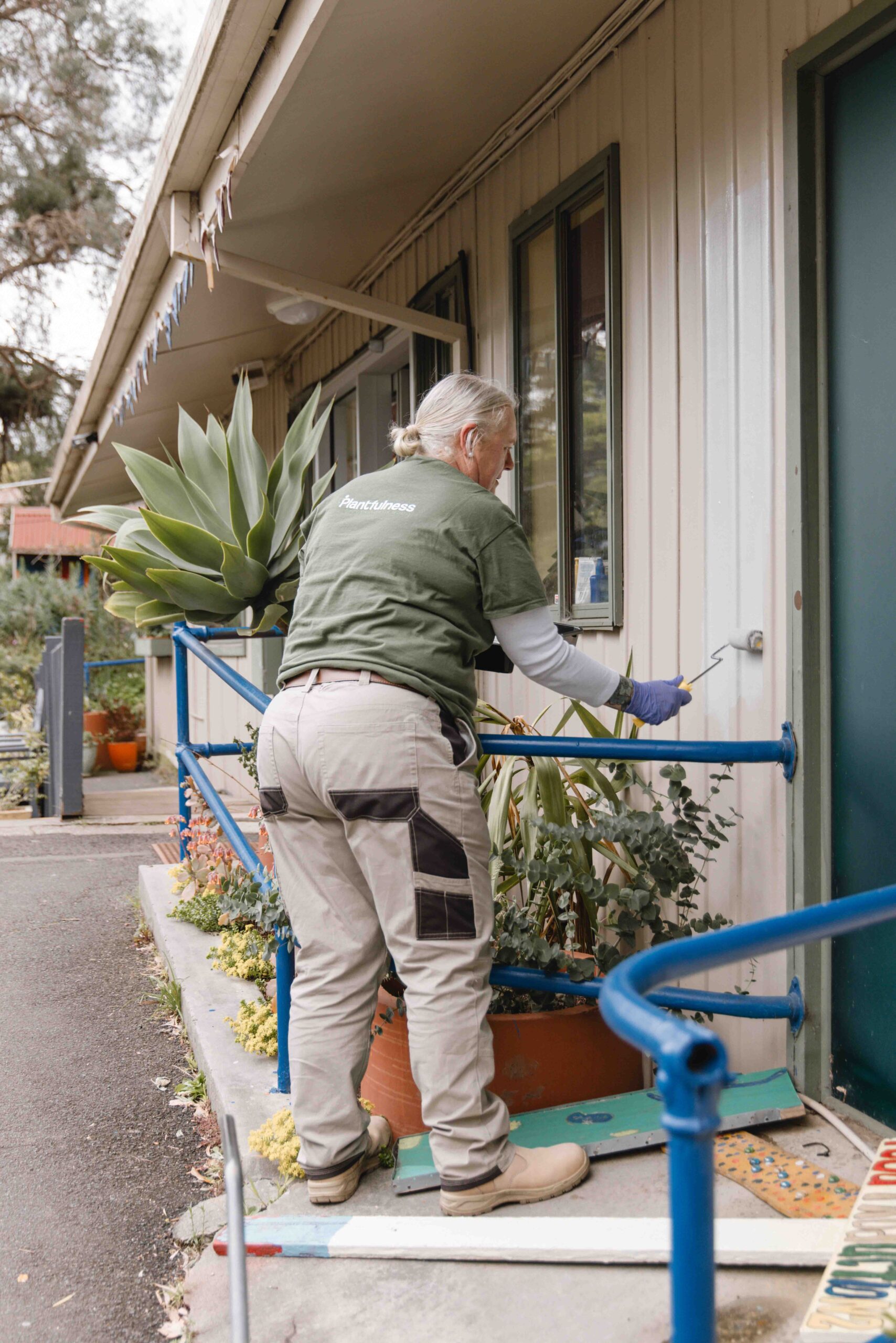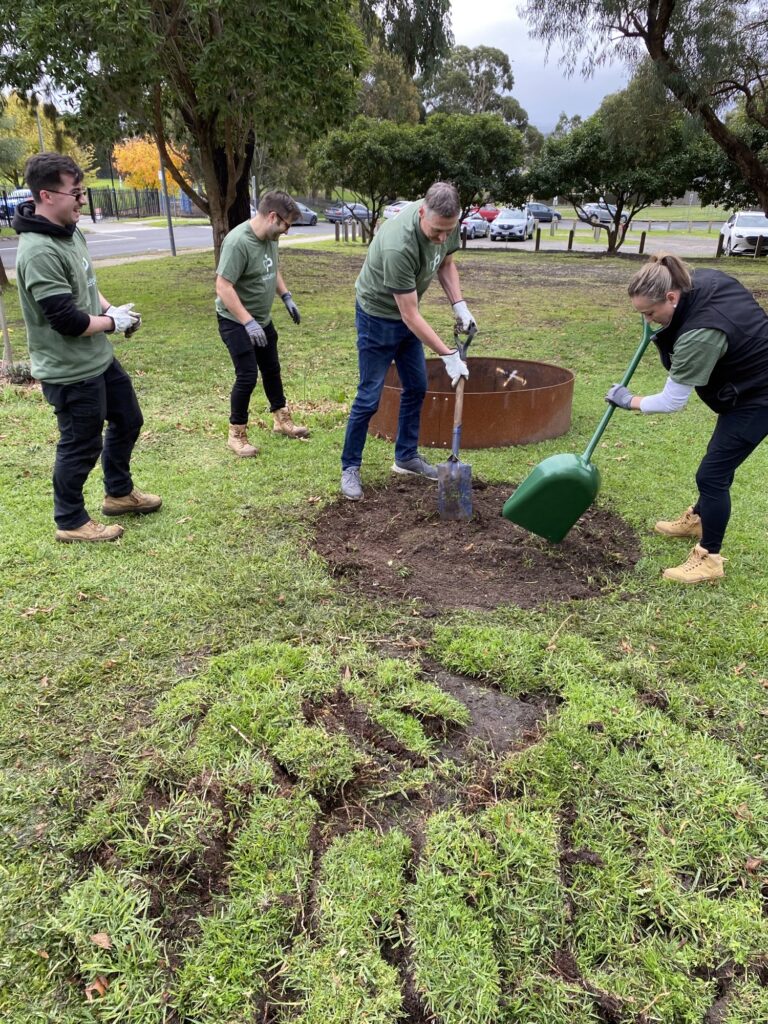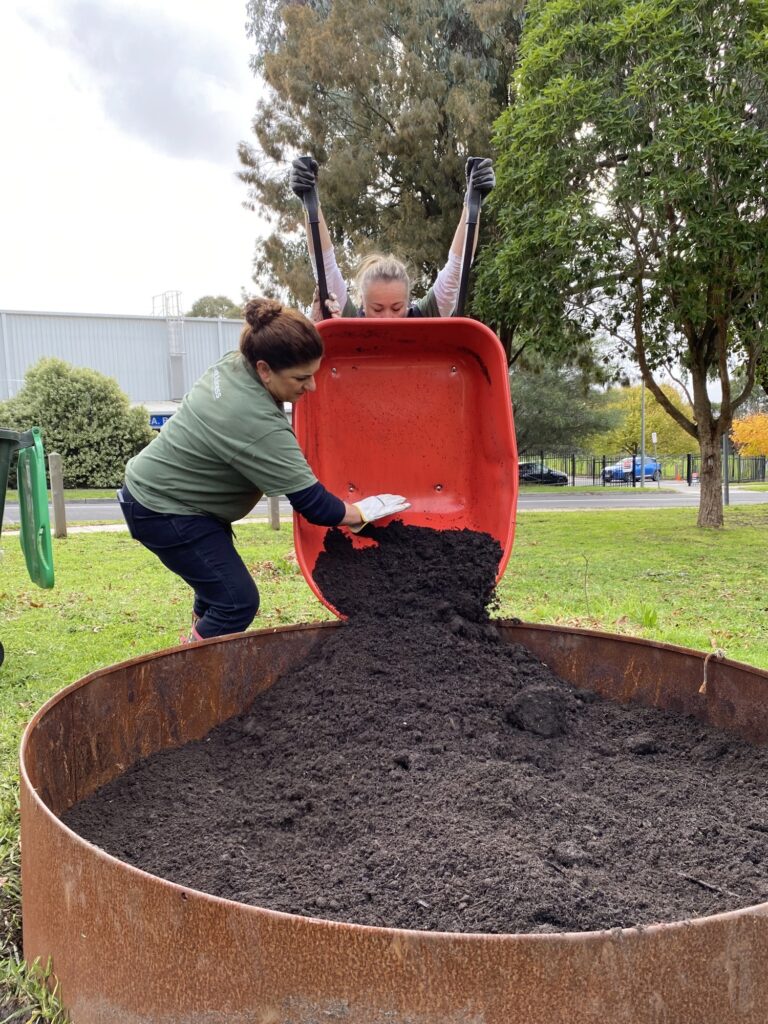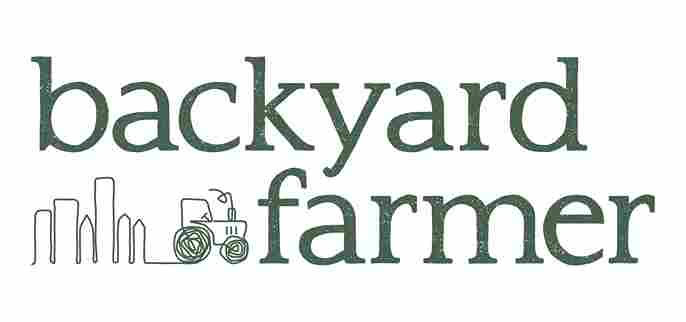
Doncaster Hill Community Garden – Volunteering
Gardening that starts in your own backyard is always ideal, so a partnership with The Manningham Council and an opportunity to spend a few hours in their beautiful patch of land was a great way to pique the interest of our volunteers and learn about how to implement some of the practices at home (in our real backyards!).

Community gardens are special places where people from a neighborhood or community come together to grow plants, fruits, vegetables, and flowers. These gardens are usually located in a shared space, like a park or a vacant lot, where everyone in the community can access them.
In a community garden, people of all ages and backgrounds can get involved. Families, friends, and even schools often work together to take care of the garden. It’s a place where people can learn about gardening, connect with nature, and build a sense of community. The Doncaster Hill Community Garden is right across the road from a school, who happily make use of the space and learn about the upkeep of a garden and what it can produce for you.
Here are some key things to know about community gardens and hopefully inspire you to seek out your local public patch of land:
Sharing and Learning: Community gardens are all about sharing knowledge and learning together. People with different levels of gardening experience can teach each other new skills and tips. It’s a great place to learn about plants, how they grow, and how to take care of them. Teresa is particularly knowledgeable & we’re all enthusiastic to get a wicking bed now!
Growing Food: Many community gardens focus on growing healthy fruits and vegetables. The produce at DHCG is donated to Doncare, but the gardens are open for the public to access. People can grow their own fresh and organic produce right in the garden. It’s exciting to see plants grow from tiny seeds into delicious food that can be shared with others.
Environmental Benefits: Community gardens are good for the environment too. They provide green spaces in urban areas, which helps improve air quality. Gardens also attract beneficial insects like bees and butterflies, which help pollinate flowers and plants.
Social Connections: Community gardens bring people together and help build friendships. People can work side by side, talk, and share stories while taking care of the garden. It’s a great opportunity to meet new friends, exchange gardening tips, and have fun together.
Healthy Lifestyle: Growing and eating fresh food from the garden is a great way to stay healthy. Community gardens encourage people to be physically active, get outdoors, and connect with nature. Plus, gardening can be a relaxing and enjoyable hobby!
Events and Activities: Community gardens often organize events, workshops, and activities for everyone to participate in. These can include gardening classes, cooking demonstrations, or even picnics in the garden. It’s a chance to learn new things and have a great time with others.
Community gardens are wonderful places where people can connect with nature, grow their own food, and build a strong sense of community. They promote sustainable living, healthy lifestyles, and a deeper appreciation for the environment. So, if you have the opportunity, get involved in a community garden near you and enjoy the many benefits it brings as well as the new people you’ll meet and learn from.
If your not-for-profit could benefit from equipment or volunteers donated by Plantfulness, come over to the ‘Join Us‘ page and say hello.






